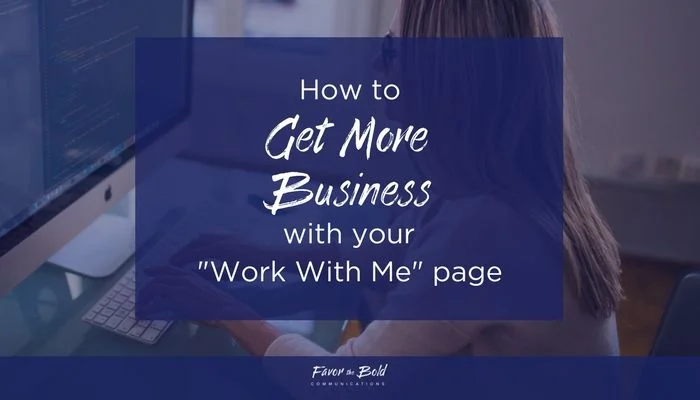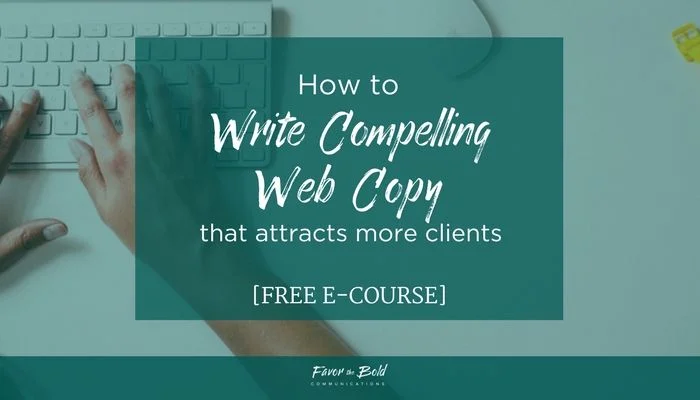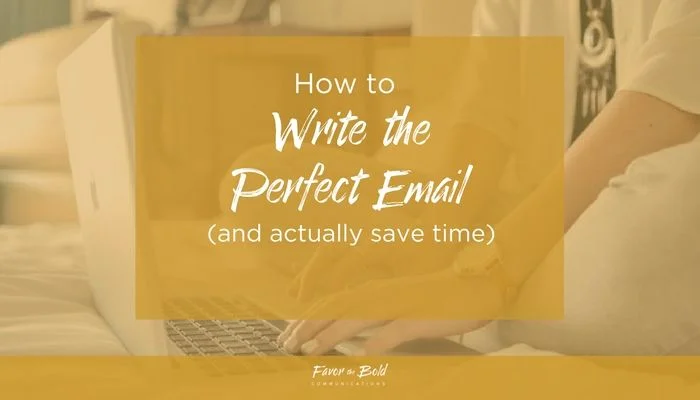Let’s be honest: writing about your About page can be awkward AF.
You know you need to promote yourself, but that feels like bragging. You know you need to show personality, but every joke you write makes you cringe. You know that people don’t want to read a massive block of text on a website, yet every time you try to write about yourself, a damn novel comes out.
And the worst part? Your About page is one of the most visited pages on your website. But, you know, no pressure or anything.
I’ve totally been there: staring at a blank page trying to figure out what the hell I’m going to write about myself. To save you from the same fate, here are a few of the main About page mistakes I see over and over again, and how to avoid them.
1. You’re too focused on yourself
I know, it’s called an About page, but one of the biggest mistakes most people make is taking that literally. They think “About me” and take that as a green light to write a self-indulgent list of everything they’ve ever done.
The problem? They don’t understand why people click on an About page.
Most people think their audience visits their About page to answer the question, “Who?”, as in, “Who are you?” But that’s not the case.
People don’t visit an About page to find out “Who,” they visit an About page to find out “Why.”
As in, why should they care? Why should they listen to you? Why should they stick around and read your content and eventually buy from you?
Sure, they want to know who you are, but only as it relates to them. They want to see themselves in you and in your work to make sure they’re in the right place.
So that should be the goal of your About page: help them care about you by showing them how they fit into your story. Show them what you do for them and why, before focusing on yourself.
Because unless you help them understand the Why, they’ll never really care about the Who.
2. You’re too focused on them
That said, another mistake businesses often make is being too focused on the Why and How, that they skip the Who completely. They only talk about their approach or how they help their clients, and never actually share anything of substance about who they are.
Because remember, your audience wants to see themselves in your story. They want to know if you believe what they believe, if you’re the right person to solve their problems.
And they can’t do that if they don’t even know who you are.
Your About page is the place you and your audience meet-- you should both be present there.
If you only talk about yourself, they’ll lose interest, but if you only talk about them, they’ll leave feeling like they still haven’t met you.
So be sure you include them and what they want, but don’t lose yourself in the process.
3. You don’t sound human
This is one of the main issues people face on their About page: they sound like a robot. Or a textbook. Or the kind of person who thinks “liking pizza” is an interesting personality trait.
They want to sound professional and business-like, but end up completely erasing any semblance of personality from their text. And I get it: copywriting is a skill that can be difficult for a lot of people. “How to write better content” is a blog post in itself.
So for now, here’s the main tip for a more human About page:
Write the way you speak.
Use the words you’d actually say out loud when explaining what you do. I know it seems obvious, but you still see stuff like this all the time on websites:
“I utilize a proven, process-driven approach to ensure my clients cultivate the capacity to articulate their unique value proposition to a variety of targeted stakeholders.”
Oh helllll no.
That’s not a real person I want to work with. That’s a socially awkward professor with an itchy sweater and bad hair.
So please don’t write like that. If you’re struggling to sound human on your about page, read it out loud and ask yourself, “Would I ever actually say this in a conversation?”
4. You’re not likeable
Ok, I know that sounds harsh, but hear me out. When I say you’re not likeable, I don’t mean you’re unlikeable; I mean you’re nothing-able.
You're neutral.
Boring.
Beige.
And you know how I feel about beige communications...
Remember the “know, like, trust” factor:
In order for someone to buy from you, they need to know you, like you and trust you, in that order.
And your About page is the perfect place to help them do all three.
But a lot of people miss this. They hit the “know” by explaining what they do, and the “trust” by listing a whole load of credentials, but there’s nothing on the page that makes their audience relate to them, aka “like” them.
Don't underestimate the power of being liked. The competition is fierce and there are likely hundreds of other people who do what you do and have your credentials. What makes you different from your competition is who you are and what you stand for. Your philosophy. Your brand’s personality. Your beliefs and values.
Being “liked” by your audience doesn’t necessarily mean they want to be friends with you, it means they see themselves in your brand. They look at you and say, “I want more of that.”
That’s the power of being liked: your audience wants more of what you have to offer.
5. You’re trying to appeal to everyone
That said, please don’t take that to mean you should try to make everyone like you. Unless you’re completely new to my site, you know: trying to appeal to everyone is Cardinal Sin #1.
And, let’s be honest, it’s not just a sin in communications and branding. It’s a sin in life.
Because nobody likes neutral. When you try to appeal to everyone, you appeal to no one. And I don't think that's what any of us is going for.
So don’t hide who you are and what you believe because you’re worried it might turn someone away.
Remember, the best brands stand for something. They aren’t afraid to repel those who don’t share their values. They know that when they’re unapologetic about who they are, some people might click away, but those who stay do so because they want to be there.
So on your About page-- and in general-- don’t be afraid to draw your line in the sand. Yes, you might scare some people off. I should know, I mention the time I pooped my pants on my About page. But those who stick around will be those who truly “get” you and relate to your brand.
Which is important because brand loyalty is a thing. If your audience knows you, likes you and trusts you, they'll be less likely to shop around when it comes to what you offer. The day they’re ready to buy, they’ll want to buy from you.
And at the end of the day, if you’re in business, that’s the goal. Your goal is not to appeal to everyone, it’s to be profitable. Being liked doesn't pay the bills. Being neutral isn’t going to grow your business.
So decide who you are and what you stand for, and don't apologize for it. Your business-- and your life-- will benefit from it.











![How to boost your brand offline-- and get more business [Part 3]](https://images.squarespace-cdn.com/content/v1/5671d7a82399a31f114f4c55/1477565172008-2K7456WNHWYM99T12HTV/How+to+boost+your+brand+offline--+and+get+more+business.jpg)